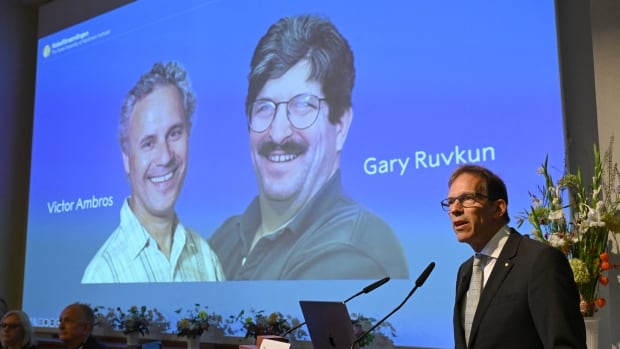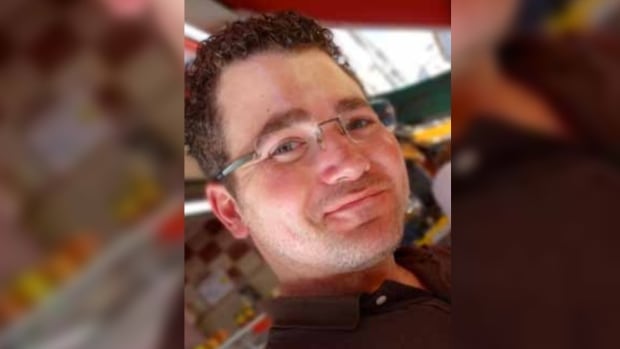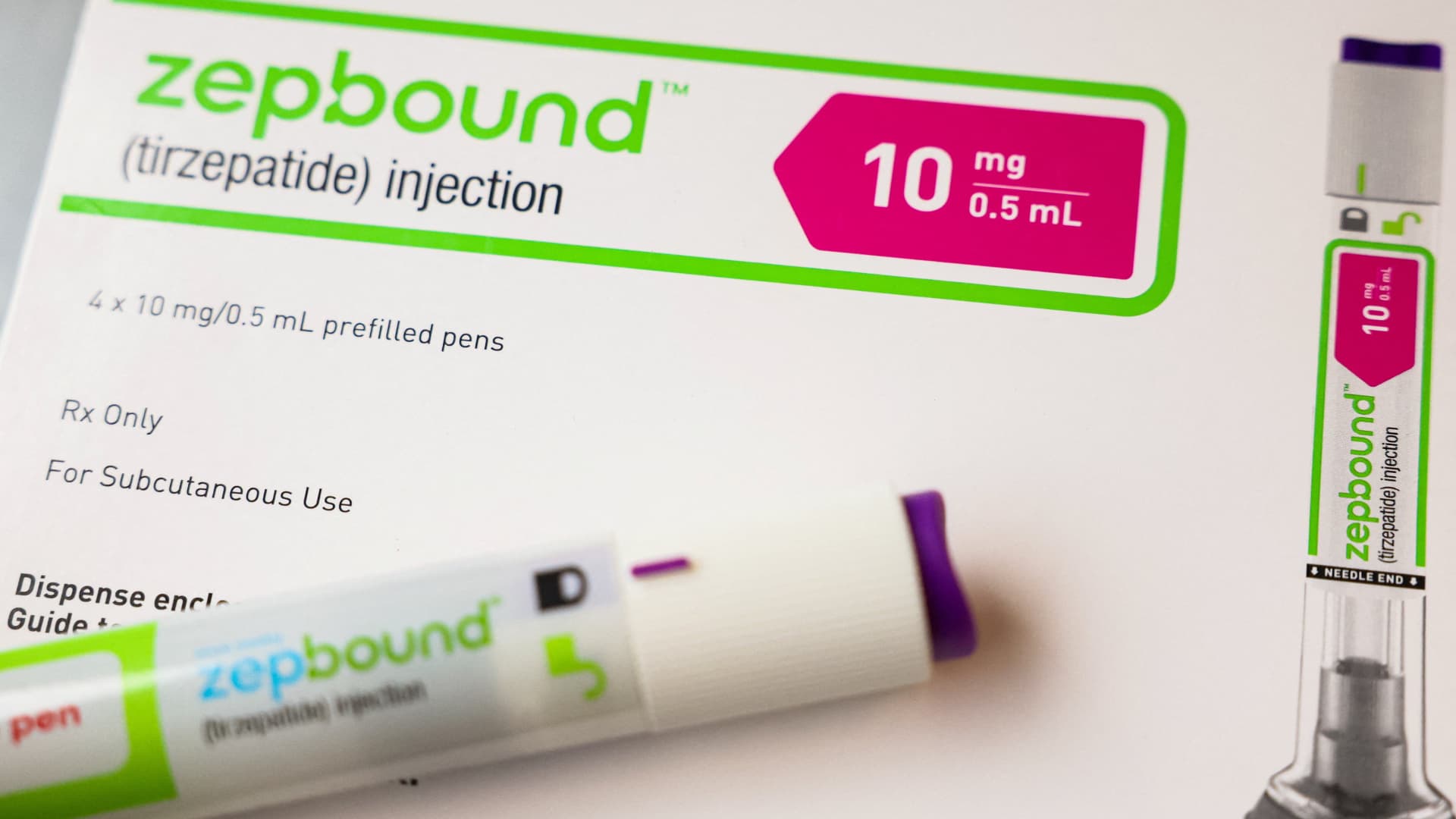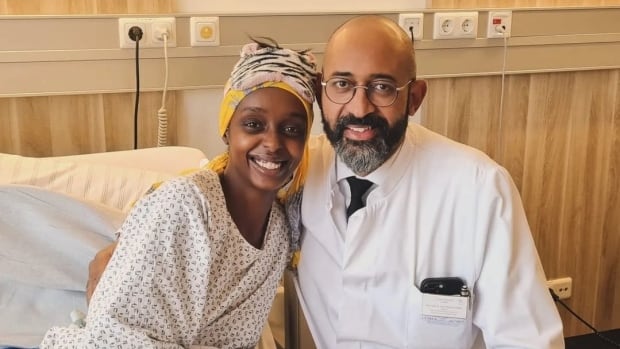The Nobel Prize in medicine was awarded Monday to Americans Victor Ambros and Gary Ruvkun for their discovery of microRNA, a fundamental principle governing how gene activity is regulated.
The Nobel Assembly at the Karolinska Institute, which awarded the prize, said the duo’s discovery is “proving to be fundamentally important” in understanding how organisms develop and function. MicroRNA have opened up scientists’ approaches to treating diseases like cancer by helping to regulate how genes work at the cellular level, according to Dr. Claire Fletcher, a lecturer in molecular oncology at Imperial College London.
Fletcher said microRNA provide genetic instructions to tell cells to make new proteins and that there were two main areas where microRNA could be helpful: in developing drugs to treat diseases and in serving as biomarkers.
“MicroRNA alters how genes in the cell work,” said Fletcher, who is an outside expert not associated with the Nobel prize.
“If we take the example of cancer, we’ll have a particular gene working overtime, it might be mutated and working in overdrive,” she said. “We can take a microRNA that we know alters the activity of that gene and we can deliver that particular microRNA to cancer cells to stop that mutated gene from having its effect.”
Ambrose performed the research that led to his prize at Harvard University. He is currently a professor of natural science at the University of Massachusetts Medical School. Rackham’s research was performed at Massachusetts General Hospital and the Harvard Medical School, where he’s a professor of genetics, said Thomas Perlmann, Secretary General of the Nobel Committee.
BREAKING NEWS<br>The 2024 <a href=”https://twitter.com/hashtag/NobelPrize?src=hash&ref_src=twsrc%5Etfw”>#NobelPrize</a> in Physiology or Medicine has been awarded to Victor Ambros and Gary Ruvkun for the discovery of microRNA and its role in post-transcriptional gene regulation. <a href=”https://t.co/rg3iuN6pgY”>pic.twitter.com/rg3iuN6pgY</a>
—@NobelPrize
Possibilities for future cancer treatment
Perlmann said he spoke to Ruvkun by phone shortly before the announcement.
“It took a long time before he came to the phone, and [he] sounded very tired, but he quite rapidly was … excited and happy when he understood what it was all about,” Perlmann said.
The prize carries a cash award of 11 million Swedish kronor ($1.4 million Cdn).
Fletcher said there are clinical trials ongoing to see how microRNA approaches might help treat skin cancer, but that there aren’t yet any drug treatments approved by drug regulators. She expected that might happen in the next five to 10 years.
She said microRNA represent another way of being able to control the behaviour of genes to treat and track various diseases.
“The majority of therapies we have at the moment are targeting proteins in cells,” she said. “If we can intervene at the microRNA level, it opens up a whole new way of us developing medicines and us controlling the activity of genes whose levels might be altered in diseases.”
The laureates are invited to receive their awards at ceremonies on Dec. 10, the anniversary of Alfred Nobel’s death in 1896. The inventor in his will bequeathed much of his fortune to the creation of the prizes which are awarded from Stockholm and Oslo, though economics was a category added later.
Nobel prizes in several fields will be announced for the next week, including:
- Tuesday: Physics.
- Wednesday: Chemistry.
- Thursday: Literature.
- Friday: The Nobel Peace Prize.
- Monday, Oct. 14: Economics.







